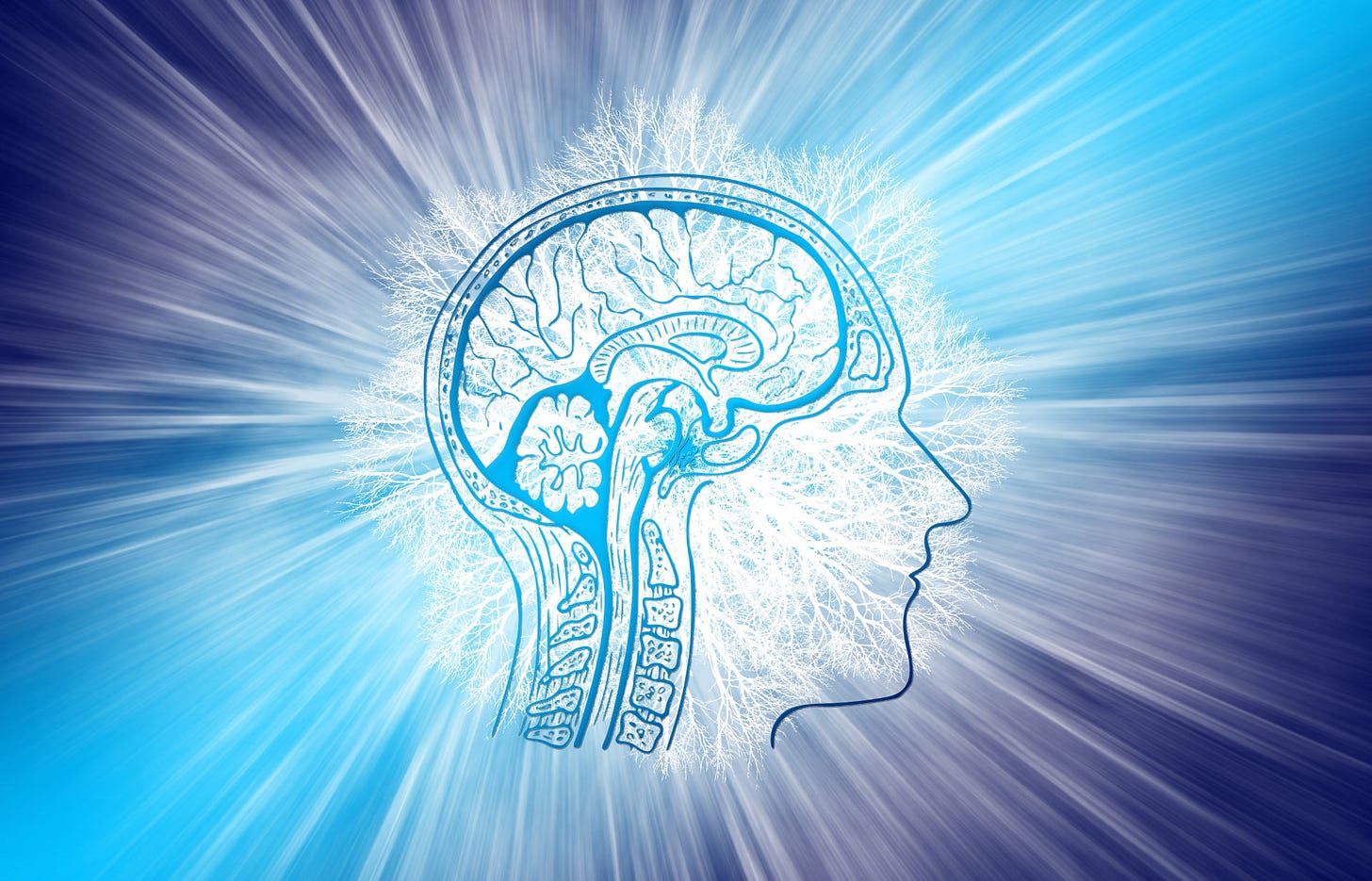A Single Word, Many Perspectives: Consciousness
What do people mean when they refer to consciousness?
“Consciousness” has several meanings.
It is used in biomedical science to refer to the state of waking consciousness, as assessed by responsiveness to questions, commands, and mild pain, by the classical scalp EEG of waking, and by the ability to describe oneself and current events.
However, in scientific work “consciousness” is also used to refer to the “dimension of conscious vs. unconscious brain events” - that is, as an experimental variable that allows us to study brain differences attributable to consciousness.
This usage is profoundly different from the first, since it involves a measurable dimension of variation. Yet “consciousness as an empirical variable” is still commonly confused with the waking state or with subjectivity. They are linked, but not the same.
Historically, many basic scientific concepts emerged from similar periods of ambiguity. In daily life, heat refers to boiling pots and summer days. But with the rise of thermodynamics at the end of the 19th century, the scientific term heat came to mean a dimension of temperature variation with a true zero point at 0 degrees Kelvin, reflecting a wide quantitative range of random molecular activity in physical systems.
Thus in thermodynamic theory, heat came to mean something very different from its everyday meaning.
Similarly, in scientific usage the topic of “consciousness” now often means an empirical dimension of variation in brain activity between matched conscious and unconscious events.
When we talk about “the topic of consciousness” in science today, we do not mean subjectivity alone. Rather, we refer to the “conscious-unconscious dimension,” which includes subjective experiences, but always compared to close brain analogues that are not conscious.





